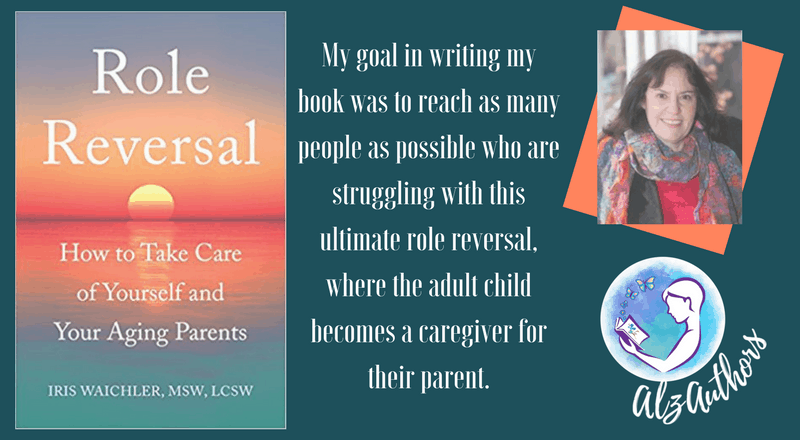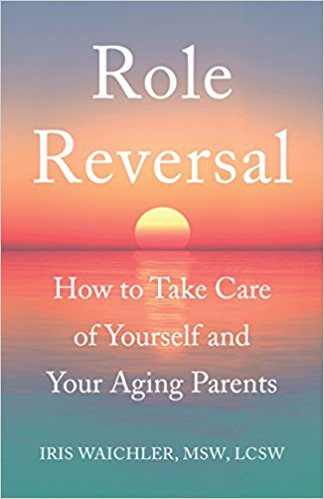I began writing my book, Role Reversal: How to Take Care of Yourself and Your Aging Parents, as a tribute to my father, Melvin Sneider. I knew he was an extraordinary and giving person who had touched many lives. When I began writing, he was 95 and in good health after recovering from a cerebral hemorrhage at age 90.
Suddenly things changed. He was hospitalized for pneumonia. As it happens with many seniors, he suffered a cascade of medical problems. They included irregular heartbeat, inability to eat food except if it was pureed, memory issues and dementia, incontinence, and decreased mobility. He was unable to get dressed or bathe without help. His decline continued until his death at age 97.
While I was writing my book, I encountered many people who were caregivers. The numbers surprised me. I had been a caregiver for my mother and two friends prior to becoming my dad’s primary caregiver. I come to caregiving from two perspectives. I have been a medical social worker and patient advocate for forty years. My work involved helping patients and family members cope with catastrophic illness and helping them to set up additional care post hospitalization.
I chose to blend my personal experience as a caregiver with my professional expertise in writing my book. Many caregivers face universal challenges that leave us feeling overwhelmed and alone. Before he became ill, my dad had written his own autobiography. I learned he had become a caregiver from an early age trying to protect his brothers and sister from a father who was emotionally and physically abusive. I decided to use his voice with mine in writing my book. He became a caregiver for many people in his life, something I had never realized until I read his writing.
My book is an unusual combination of memoir and self-help. It is also unusual in having the voices of the caregiver and the person who receives care. I use my dad’s life story as a springboard to approach common caregiving concerns. For example, when my dad decides to go into assisted living, I have a chapter where I interview a nursing director about what family members and potential residents should know and ask about when considering this transition.
My goal in writing my book was to reach as many people as possible who are struggling with this ultimate role reversal, where the adult child becomes a caregiver for their parent. It is a useful tool for all caregivers. I address topics like coping with grief, memory loss, and confusion to concrete issues like estate planning and assessing the right level of care.
When I contacted publishers, some told me since my father was not well-known nobody would care about his story. I have been so pleased to hear from so many people telling me how much they connected with him and how they loved his story as well as my professional input.
The response to my book has been surprising, gratifying, and overwhelming. It has won six major book awards. People seem to really respond to the the way I have structured Role Reversal and find the information, resources, and support strategies very useful in their daily lives. This brings me great joy. I am very proud of my book and love the idea that my dad will live on through my readers.

About The Author
Iris Waichler, MSW, LCSW is the author of 3 books including Role Reversal How to Take Care of Yourself and Your Aging Parents. Role Reversal is the winner of 6 major book awards. Ms. Waichler has been a medical social worker and patient advocate for 40 years. She has done freelance writing, counseling, and workshops, on patient advocacy and healthcare related issues for 17 years.
Website: http://iriswaichler.com
Facebook: https://www.facebook.com/RoleReversal1/?ref=bookmarks
Twitter: https://twitter.com/IrisWaichler




2 Responses
Thank you for sharing your stories.
Caregiving is not an easy and simple job. While the main responsibility of caregivers is to provide care to people, particularly to those who are sick and of old ages, caregivers also need to take care of themselves and to spend some time doing things outside of their duty. More often than not, caregivers need to juggle lots of different things at once (e.g. running errands, doing housework, and more) in order to fulfill their obligation. This often leaves them tired and drained, which if constantly disregarded, can lead to caregiver burnout.